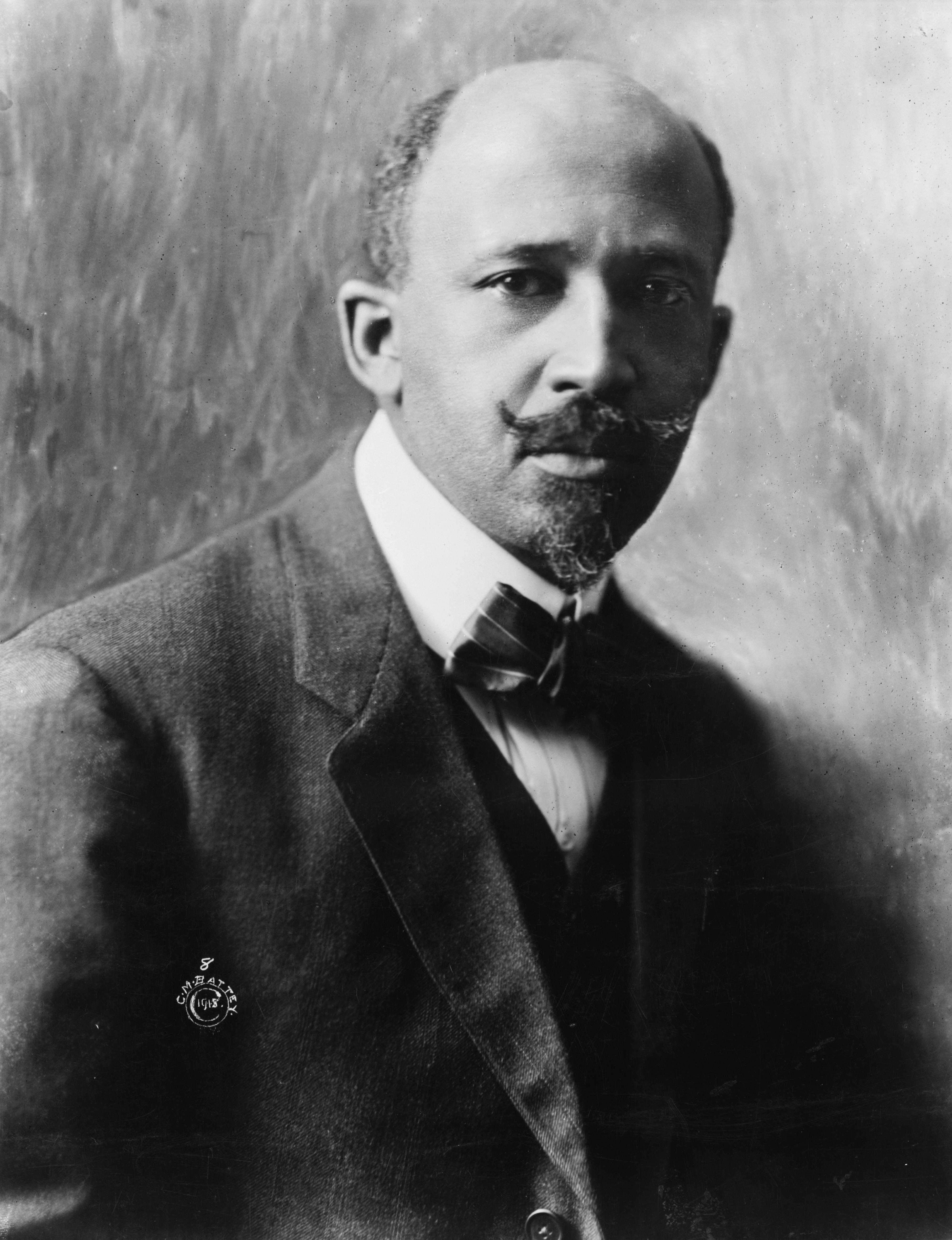Defying Convention: The Life of W.E.B. Du Bois
Posted by Pete on 23rd Feb 2021
Born today in 1868, W.E.B. Du Bois remains an icon of black and radical history in the US...
On 28th August 1963, about 250,000 Americans took part in Dr King’s March on Washington.
It was one of the great popular agitations of US history. Speeches, chants, songs, noise.
But for a moment, there was total silence. W.E.B. Du Bois had died the day before, and the marchers paused to pay him tribute.

William Edward Burghardt Du Bois (1868-1963), born in Great Barrington, Massachusetts, is one of the giants of black radical history.
An activist for black freedom and a leading US academic, his life spanned almost an entire century of political and intellectual endeavor.
Over the course of it, he developed from a mainstream civil rights activist with an elitist bent, into a radical Marxist. He began to view emancipation from racism and the abolition of capitalism as interlinked projects.
But for all the twists and turns of his intellectual journey, Du Bois consistently defied convention.
Throughout his life, he proved willing to oppose orthodoxies which he found abhorrent, no matter how powerful the forces which supported them.
In 1905, Du Bois came together with other African-American civil rights activists near Niagara Falls to reject the politics of Booker T. Washington, the most famous black figure in the US after the death of Frederick Douglass.
Click to view our Frederick Douglass tea towel
Washington, with his so-called ‘Atlanta Compromise’ of 1895, had proposed to the white racist elites in the South that African Americans would submit to the fast-growing Jim Crow system there in exchange for basic education and fair criminal justice.
Du Bois and his colleagues in the Niagara Movement saw this as a sell-out. Regardless of Washington’s prestige, they rejected his politics of submission and demanded equal rights and opportunities instead.
On the heels of the great Ida B. Wells, Du Bois also worked to break the conventional taboo on the discussion of lynching in the North.
Click to view our Ida B. Wells tea towel
A co-founder of the NAACP, Du Bois was editor of its monthly magazine, The Crisis (launched in November 1910). In that role, he turned his guns on white terrorism in the South and across the US. One of his editorials in 1911 sparked a national campaign for a federal anti-lynching law.
Commenting on the lynching in Pennsylvania which prompted the movement, Du Bois wrote:
"The point is he was black. Blackness must be punished. Blackness is the crime of crimes… It is therefore necessary, as every white scoundrel in the nation knows, to let slip no opportunity of punishing this crime of crimes."
But perhaps the most pervasive convention which Du Bois defied was the post-WW2 Red Scare – a defiance all the more remarkable because by now he was in his eighties.
McCarthyism – a monstrous violation of civil rights and the Constitution, personified by a monstrous man – denounced the whole spectrum of progressive politics in the US. If you weren’t a card-carrying Communist, you were suspected of being a covert or potential one.
The NAACP found itself in the crosshairs of this baying mob, so tried to distance itself from labor radicals.
Du Bois refused. He was, after all, an admirer of Karl Marx, and he had many friends and collaborators in the US labor movement. But he did agree to resign from the NAACP in 1948, to spare the organization any flak on his account.
The Red Scare didn’t leave the ageing Du Bois alone, though. The Department of Justice at last got him before a judge in 1951, for failing to register as an agent of a foreign state given his chairmanship of the Peace Information Centre, which called for nuclear disarmament based on the Stockholm Peace Appeal of March 1950.
The prosecution of Du Bois was immediately dropped, however, when his defense attorney informed the judge:
"Dr Albert Einstein has offered to appear as character witness for Dr Du Bois."
Ageing radicals stick together, it would seem.
The US government didn’t want the bad press of being opposed by someone as globally respected as Einstein.
Still, like his friend Paul Robeson, Du Bois had his passport revoked for eight years, until 1958.
Click to view our Paul Robeson tea towel
Defiant to the very end, Du Bois formally joined the Communist Party of the United States of America (CPUSA) in October 1961 after the Supreme Court upheld the McCarran Act, which forced all Communists to register with the government.
Du Bois had long admired the CPUSA as a party which had shown far more will to stand up to white terrorism against black Americans than either the Republicans or the Democrats, and now, at the age of 93, he joined it in protest against unconstitutional harassment of its members.
Two years later, on the eve of the March on Washington, W.E.B. Du Bois’ long and eventful life came to an end.
Read more radical stories on our blog




